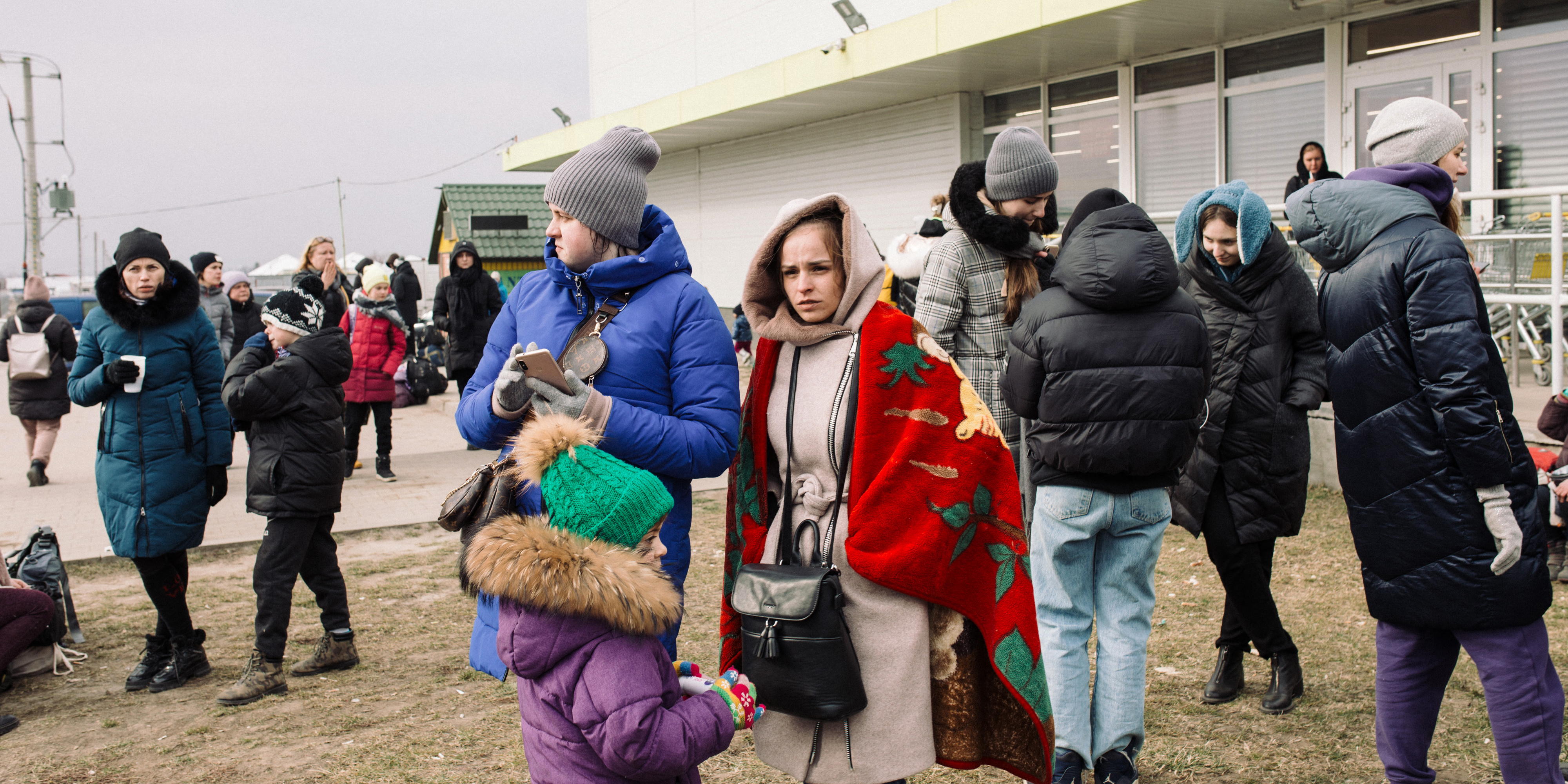Marion Gauthier 07h15, March 05, 2022
Poland hosts new talks between Russia and Ukraine, as well as nearly 700,000 Ukrainian refugees.
The country is worried about its other neighbor: Belarusian President Alexander Lukashenko on Tuesday advocated a reinforcement of armed forces on its border with Poland, to (he said) protect his country from a NATO attack.
REPORT
Even before the start of the conflict, it demanded firmness and denounced Russian provocations.
Poland hosts new talks between Russia and Ukraine, as well as nearly 700,000 Ukrainian refugees.
The country is worried about its other neighbor: Belarusian President Alexander Lukashenko on Tuesday advocated a reinforcement of armed forces on its border with Poland, to (he said) protect his country from a NATO attack.
Our special correspondent went to Terespol, less than five kilometers from the Belarusian border, a city in expectation.
“We are the most threatened”
Terespol has been idling since November, since thousands of migrants were brought to the border by Belarus: military personnel have been reinforced.
Khaki trucks are everywhere on street corners, fatigues in cafes... "We are the most threatened because we live near the border," says a woman at the microphone of Europe 1. "Belarusians obey the orders of a patient".
Magdalena and her husband shrug their shoulders in resignation.
The war is in their heads and in the mouths of their children, when they return from school.
They fear it will burst on their doorstep.
"If we need help, I hope other countries will help us like we are helping Ukraine," Magdalena said.
“How to prepare?”, blows the father of the family.
"We live day to day."
>> Find Europe morning weekend - 6-8 in podcast and replay here
The gaze fixed on the images of bombardments
Like this restaurateur, who lives "to the rhythm of the news", television in the background.
Artur is planted in front, a glass in his calloused hands, his impassive gaze fixed on the images of the bombings.
"It's the number one subject...because of security but also because of the economy of the region: here, everyone works in trade between East and West," he explains. .
He works in logistics, one sector among others that risk suffocation if embargoes increase or if borders close.

